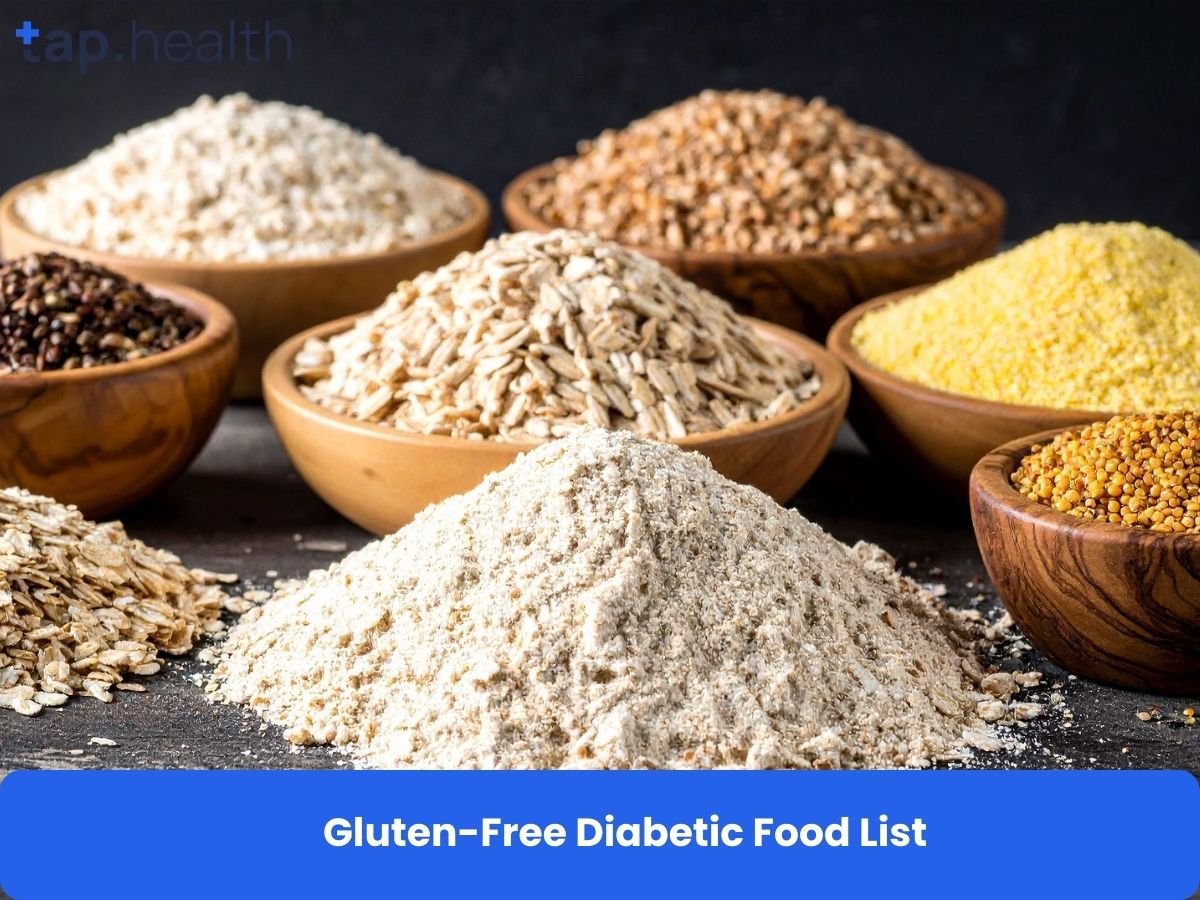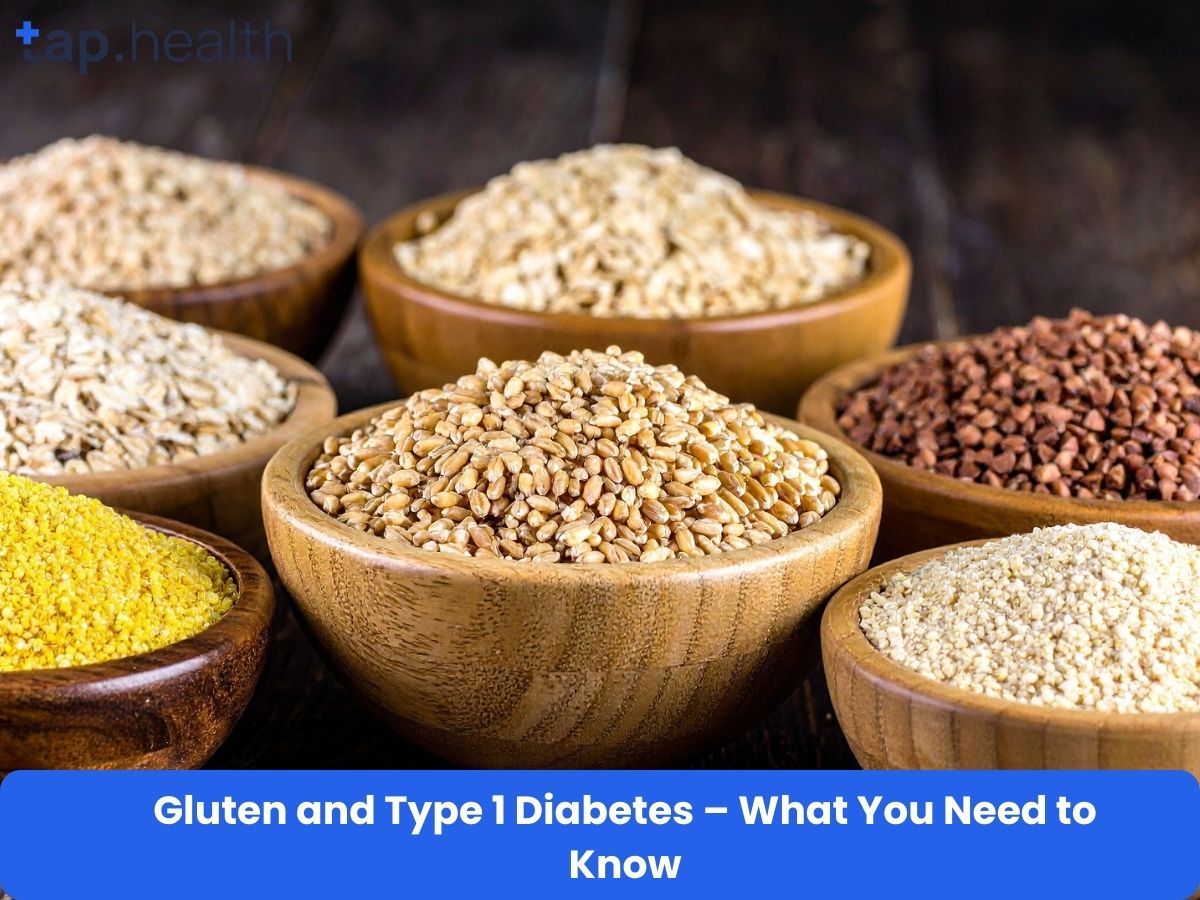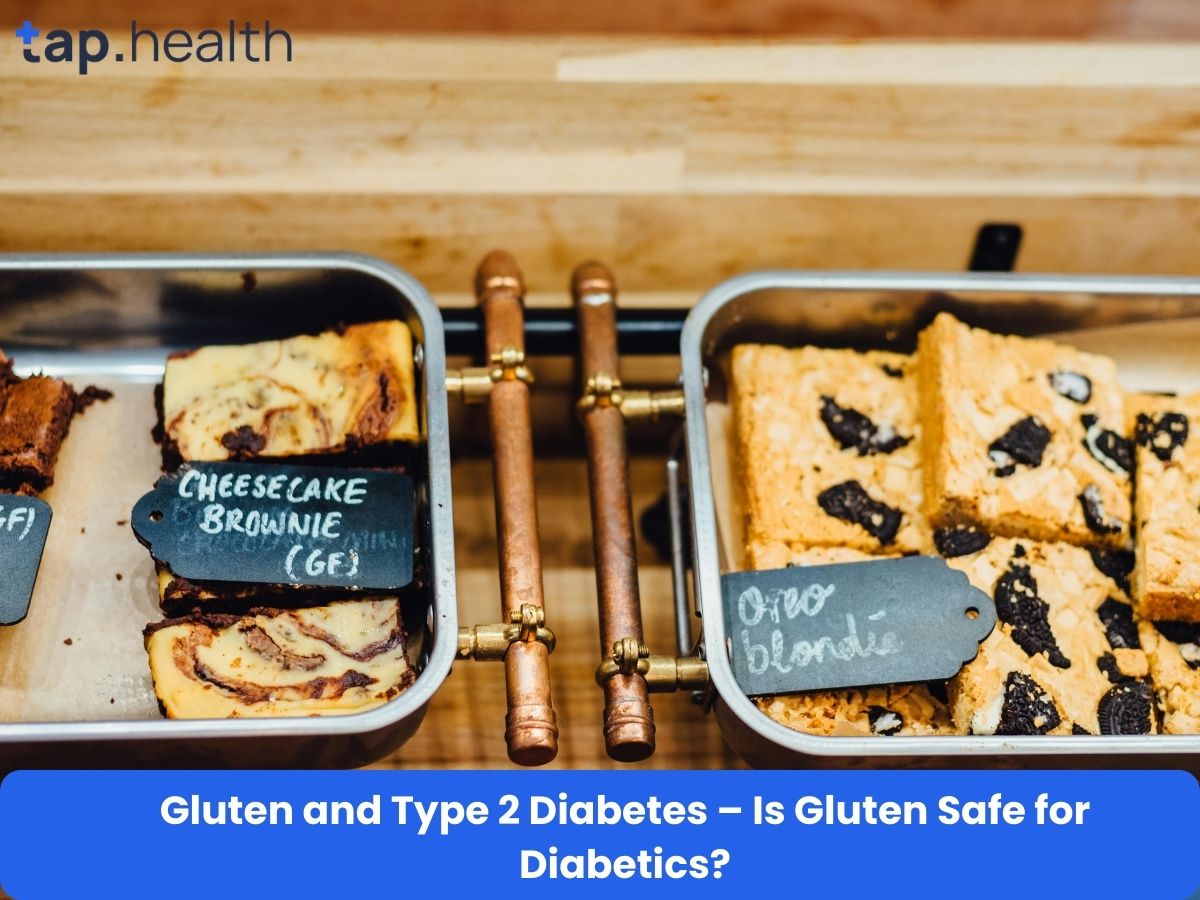Hemorrhoids, also known as piles, are swollen veins in the lower part of the rectum and anus. They can cause discomfort, itching, pain, and sometimes bleeding during bowel movements. One of the most effective ways to manage and prevent hemorrhoids is through a high fiber diet. This blog will guide you through the causes, symptoms, and the crucial role of fiber in alleviating hemorrhoids, as well as foods to eat and avoid.
Causes of Hemorrhoids
Hemorrhoids can be caused by various factors, including:
- Straining during bowel movements: This is often due to constipation.
- Sitting for long periods: Especially on the toilet.
- Chronic diarrhea or constipation
- Obesity: Excess weight puts pressure on the veins in your lower rectum.
- Pregnancy: The weight of the fetus increases pressure on the anal region.
- Low-fiber diet: This can lead to constipation and straining during bowel movements.
- Heavy lifting: Straining can put pressure on the rectal and anal veins.
Symptoms of Hemorrhoids
Common symptoms of hemorrhoids include:
- Pain or discomfort around the anus
- Itching or irritation in the anal region
- Swelling around the anus
- Bleeding during bowel movements (you might notice small amounts of blood on the toilet paper)
- A lump near your anus, which may be sensitive or painful
What is the Link Between Fiber and Hemorrhoids?
Fiber plays a crucial role in maintaining bowel health. It adds bulk to stool and makes it easier to pass, reducing the need to strain during bowel movements. This can help prevent the development of hemorrhoids and ease the symptoms if you already have them. A high fiber diet can soften stool, making it easier to pass and less irritating to the swollen veins.
Foods High in Fiber
Including a variety of fiber-rich foods in your diet can significantly alleviate the symptoms of hemorrhoids. Here are some excellent sources of fiber:
- Fruits: Apples, pears, berries, bananas, and oranges.
- Vegetables: Broccoli, carrots, spinach, kale, and Brussels sprouts.
- Whole grains: Oats, brown rice, whole wheat bread, and quinoa.
- Legumes: Beans, lentils, chickpeas, and peas.
- Nuts and seeds: Almonds, flaxseeds, chia seeds, and sunflower seeds.
High Fiber Diet for Hemorrhoids or Piles
Adopting a high fiber diet involves:
- Incorporating fruits and vegetables: Aim to fill half your plate with fruits and vegetables at each meal.
- Choosing whole grains: Opt for whole grain bread, pasta, and cereals instead of refined grains.
- Eating legumes: Include beans, lentils, and peas in soups, salads, or as a side dish.
- Snacking on nuts and seeds: They are not only high in fiber but also provide healthy fats and proteins.
- Drinking plenty of water: Fiber works best when it absorbs water, so staying hydrated is crucial.
Sample High Fiber Meal Plan
- Breakfast: Oatmeal topped with berries and a tablespoon of flaxseeds.
- Snack: An apple with a handful of almonds.
- Lunch: Lentil soup with a side salad of mixed greens, tomatoes, cucumbers, and a whole wheat roll.
- Snack: Carrot sticks with hummus.
- Dinner: Grilled chicken breast with quinoa and steamed broccoli.
- Dessert: A pear or a small bowl of mixed fruit.
How Much Fiber Should You Eat to Get Relief from Hemorrhoids?
The recommended daily fiber intake is:
- Men: 30 to 38 grams per day.
- Women: 21 to 25 grams per day.
Gradually increase your fiber intake to avoid gas and bloating. It’s also essential to drink at least eight glasses of water a day to help the fiber work effectively.
Foods to Avoid with Hemorrhoids
Certain foods can aggravate hemorrhoid symptoms and should be limited or avoided:
- Processed foods: High in unhealthy fats and low in fiber.
- Refined grains: White bread, white rice, and pastries.
- Spicy foods: Can cause irritation and discomfort.
- Dairy products: Can lead to constipation in some people.
- Red meat: Low in fiber and can be hard to digest.
- Caffeinated beverages: Can dehydrate you, making constipation worse.
- Alcohol: Can dehydrate and cause digestive issues.
Medical Treatments for Hemorrhoids
While diet plays a significant role in managing hemorrhoids, sometimes medical intervention is necessary:
- Over-the-counter treatments: Creams, ointments, and suppositories that can reduce swelling and pain.
- Prescription medications: Stronger treatments prescribed by a doctor.
- Minimally invasive procedures: Such as rubber band ligation, sclerotherapy, or infrared coagulation.
- Surgery: In severe cases, a hemorrhoidectomy or stapled hemorrhoidopexy may be required.
How to Prevent Hemorrhoids
Preventing hemorrhoids is largely about maintaining healthy bowel habits and a balanced diet:
- Eat a high fiber diet: Follow the guidelines mentioned above.
- Stay hydrated: Drink plenty of water throughout the day.
- Exercise regularly: Helps prevent constipation and reduces pressure on veins.
- Avoid straining during bowel movements: Go as soon as you feel the urge.
- Limit sitting time: Especially on the toilet.
- Maintain a healthy weight: Reduces pressure on the rectal and anal veins.
When to Seek Medical Help?
While most hemorrhoids can be managed with home treatments, seek medical help if you experience:
- Severe pain or swelling
- Persistent bleeding
- Symptoms that do not improve with home treatment
- A lump in the anal area that is very painful
FAQ on the Hemorrhoids High Fiber Diet
1: Can a high fiber diet cure hemorrhoids?
A: A high fiber diet can significantly alleviate symptoms and prevent future occurrences, but it may not cure severe hemorrhoids. Medical treatment might be necessary in such cases.
2: How long does it take for a high fiber diet to help with hemorrhoids?
A: Improvements can be seen within a few days to weeks, but consistency is key for long-term relief.
3: Are there any risks associated with a high fiber diet?
A: Suddenly increasing fiber intake can cause gas and bloating. It’s best to increase fiber gradually and drink plenty of water.
4: Can I take fiber supplements instead of eating high fiber foods?
A: While fiber supplements can help, getting fiber from whole foods is more beneficial as they also provide essential nutrients.
5: Are there specific exercises that can help prevent hemorrhoids?
A: Regular physical activity, particularly activities like walking, jogging, and swimming, can help prevent constipation and reduce the risk of hemorrhoids.
6: Is it okay to use over-the-counter creams for hemorrhoid relief?
A: Yes, over-the-counter creams can provide temporary relief, but they should not be used as a long-term solution. Consult a doctor if symptoms persist.
References
- National Institute of Diabetes and Digestive and Kidney Diseases (NIDDK)
- Mayo Clinic – Hemorrhoids
- Harvard Health – Hemorrhoids and what to do about them
Following these guidelines can help manage and prevent hemorrhoids, improving your quality of life and reducing discomfort. Remember, maintaining a high fiber diet is a key strategy in keeping your digestive system healthy.



